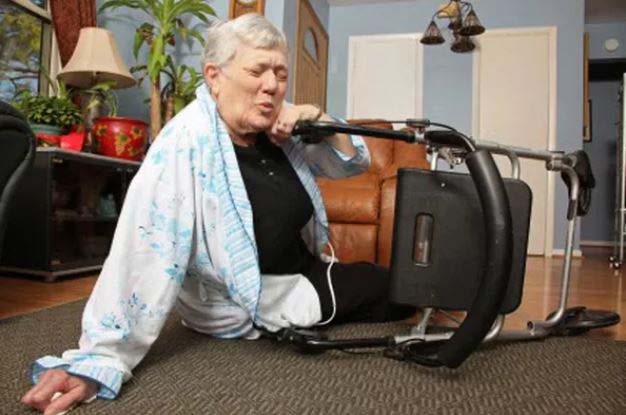What does dehydration have to do with seniors being at a higher risk of falling?
Well, it is quite simple actually. One of the main symptoms of dehydration is muddled thinking, dizziness, cramping, and headaches. Dehydration affects one’s coordination and for seniors, their coordination is already challenged by age. When dehydration is added to the mix, they have a higher risk of falling.
What dehydrates seniors?
- Prescribed medications
- Diarrhea
- Loss of blood
- Diabetes
- Kidney function decline as seniors naturally lose more water
- High sugar diet
- Little water intake
- Coffee–flushes water out of the body
Seniors should be drinking on average between 2-3 liters of water a day. However, if they are taking a lot of medications then it is important to increase their water intake even more.
How can you encourage your senior client or parent to drink more fluids?
- Attentiveness is key
- Keep a small glass of water by them at all times and, as soon as it is empty, then fill it back up.
- Monitor their water intake by filling up a gallon jug or juice container in the refrigerator with water.
- Every 20 minutes remind them in a friendly way to drink some water. Keep the glass small so that it is easier for them to lift and to handle.
Other key facts about hydration
Aging itself makes people less aware of thirst and also gradually lowers the body’s ability to regulate its fluid balance.
Older people who get enough water tend to suffer less constipation, use less laxatives, have fewer falls and, for men, may have a lower risk of bladder cancer.
